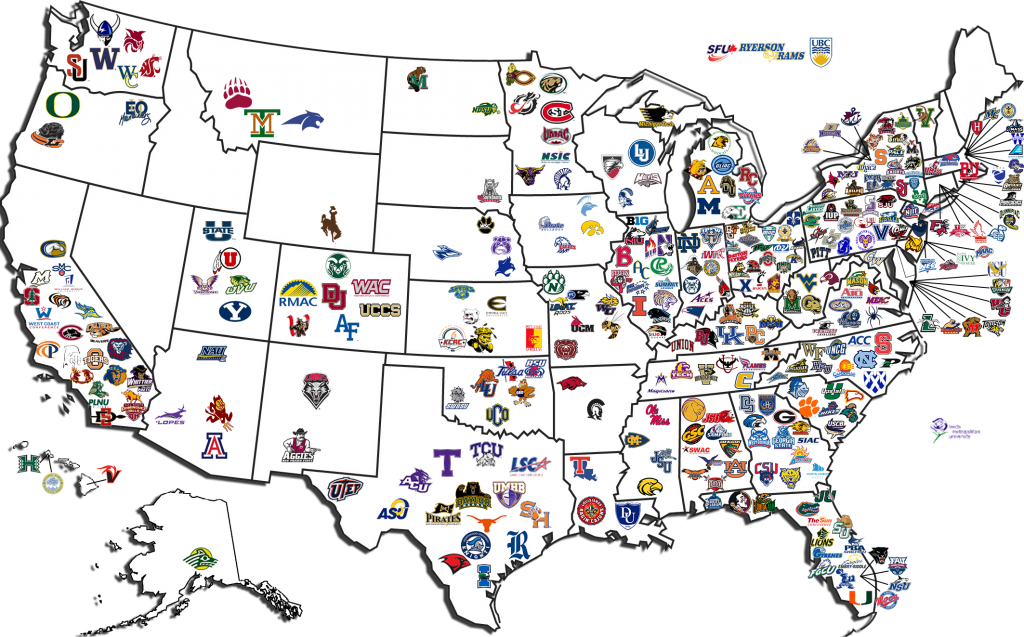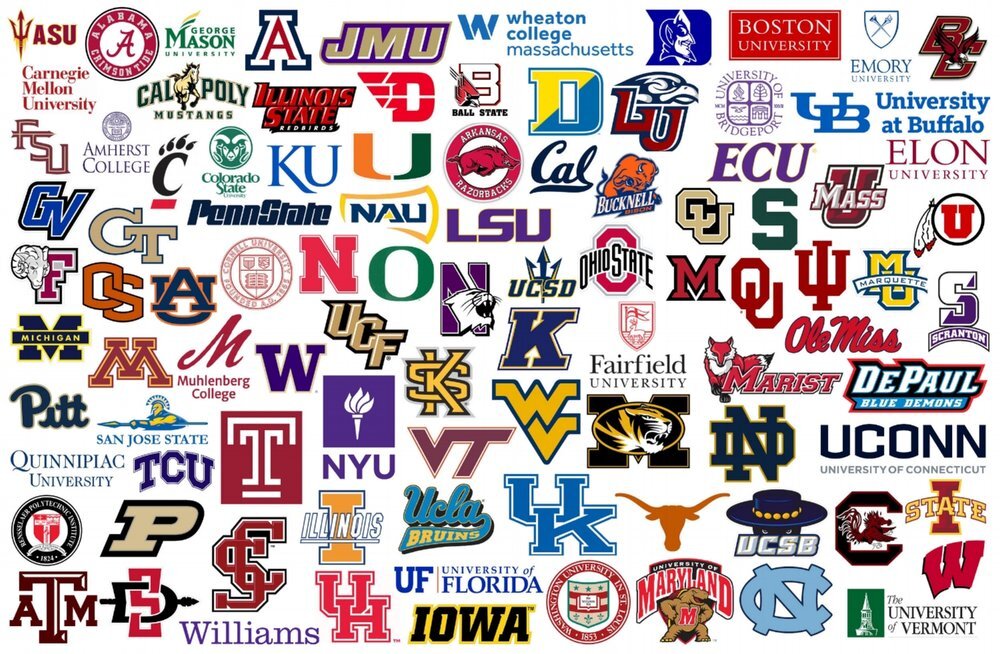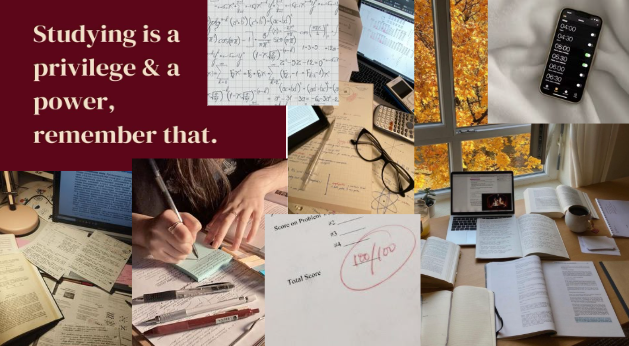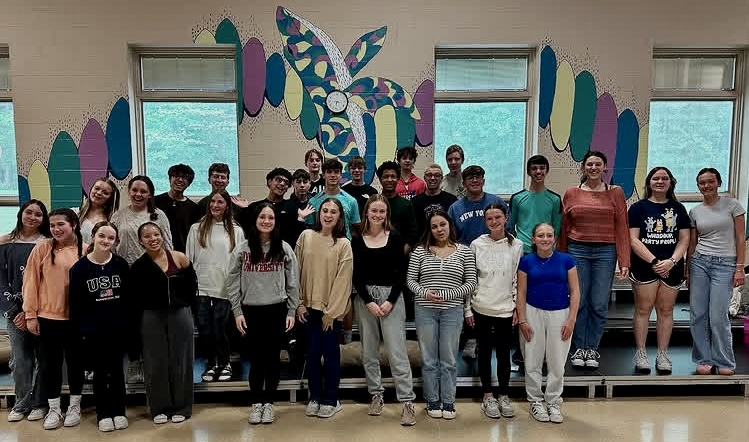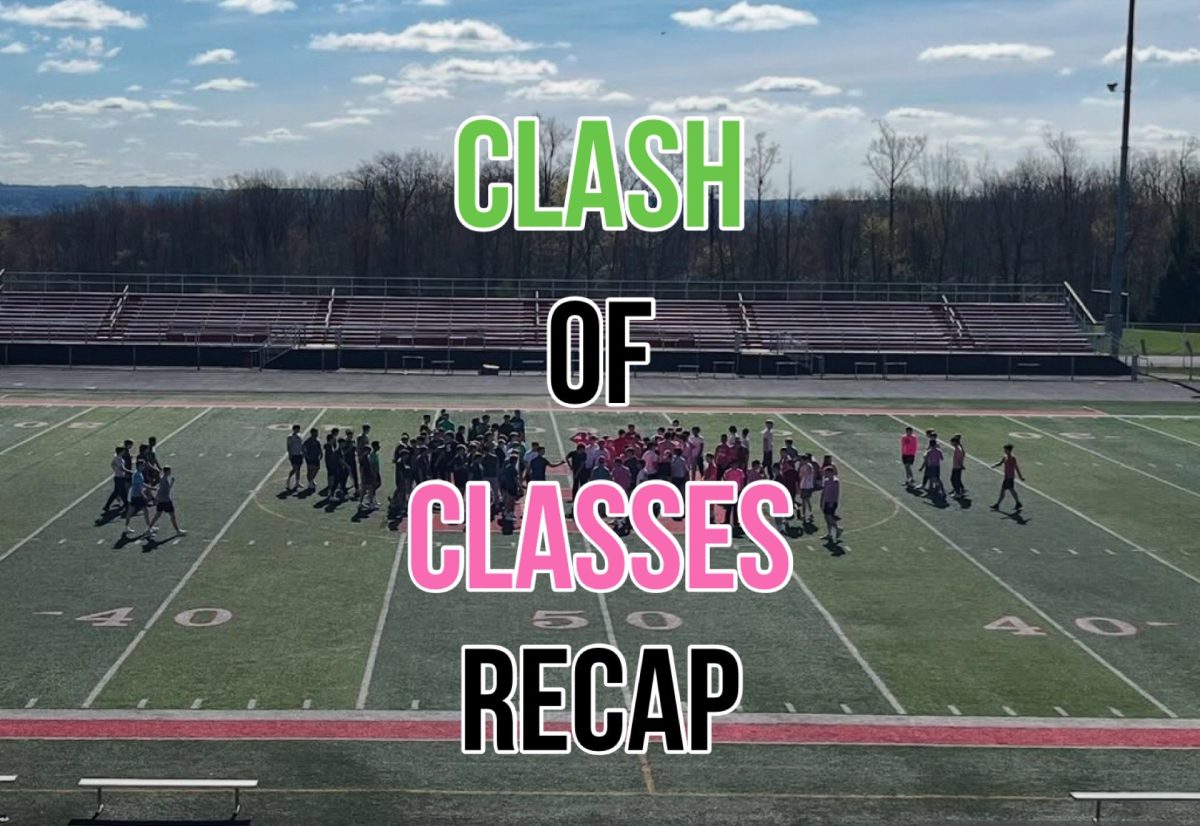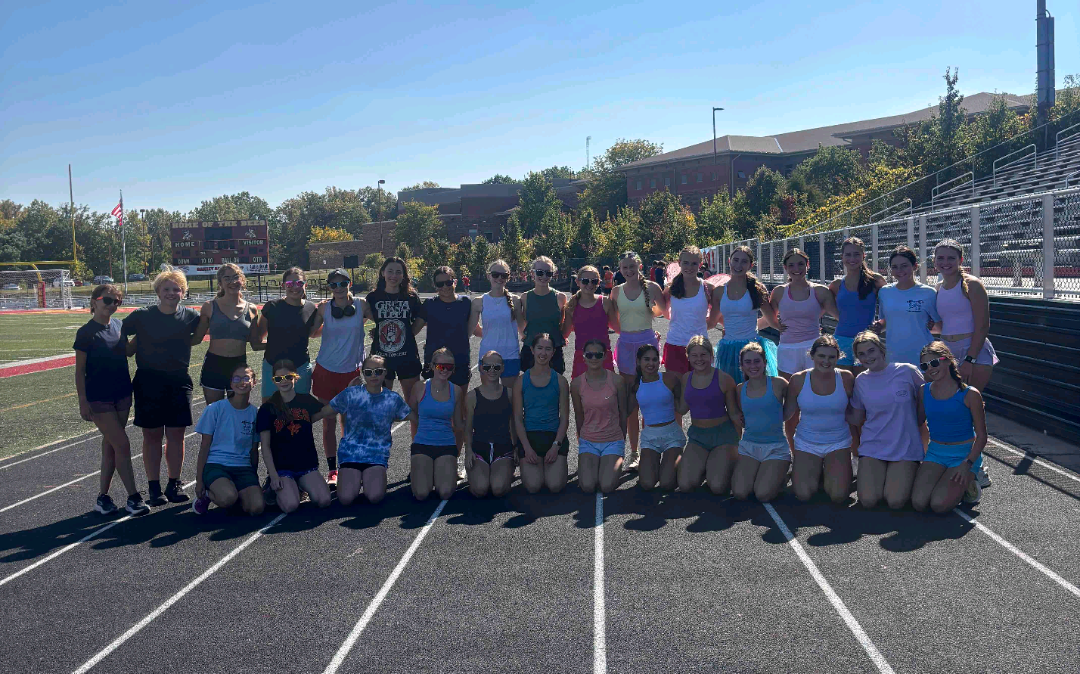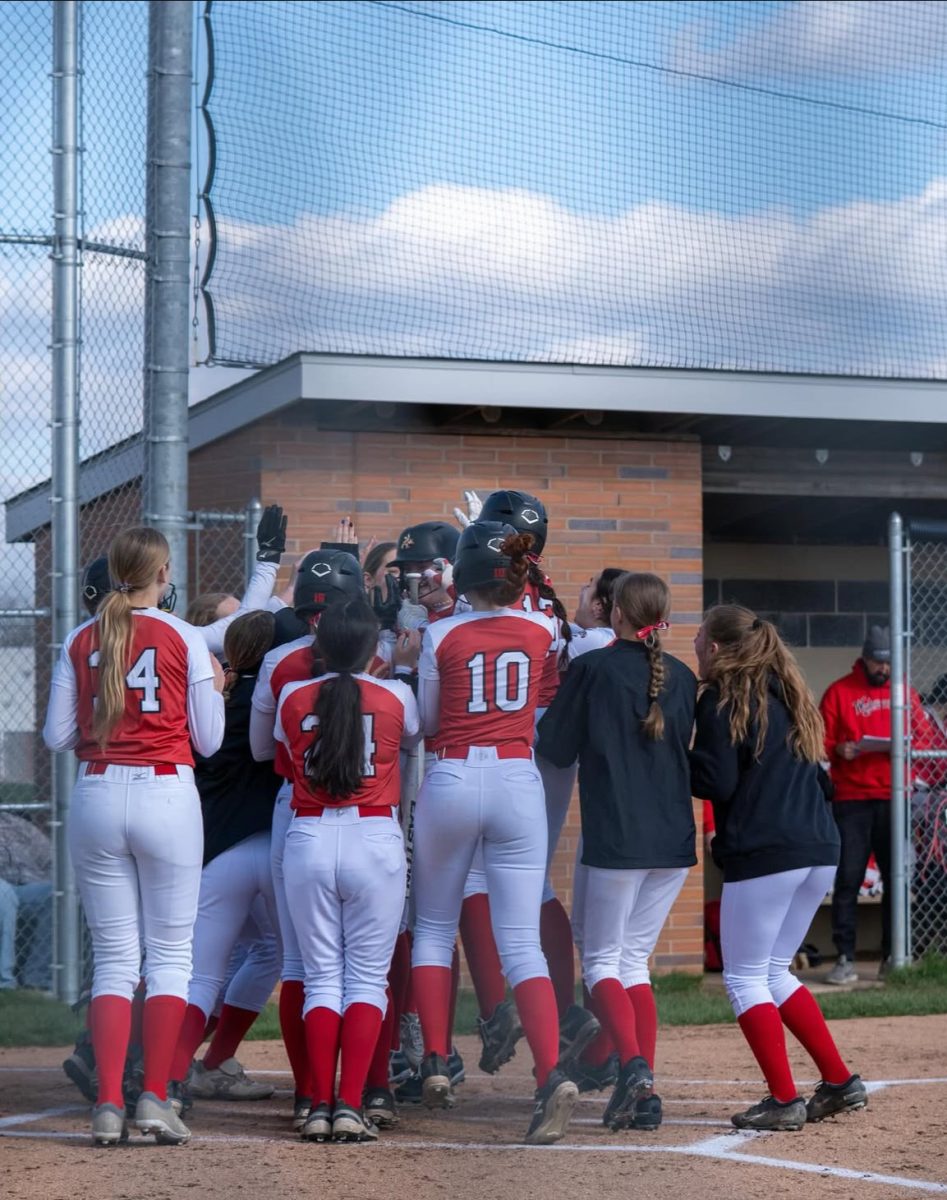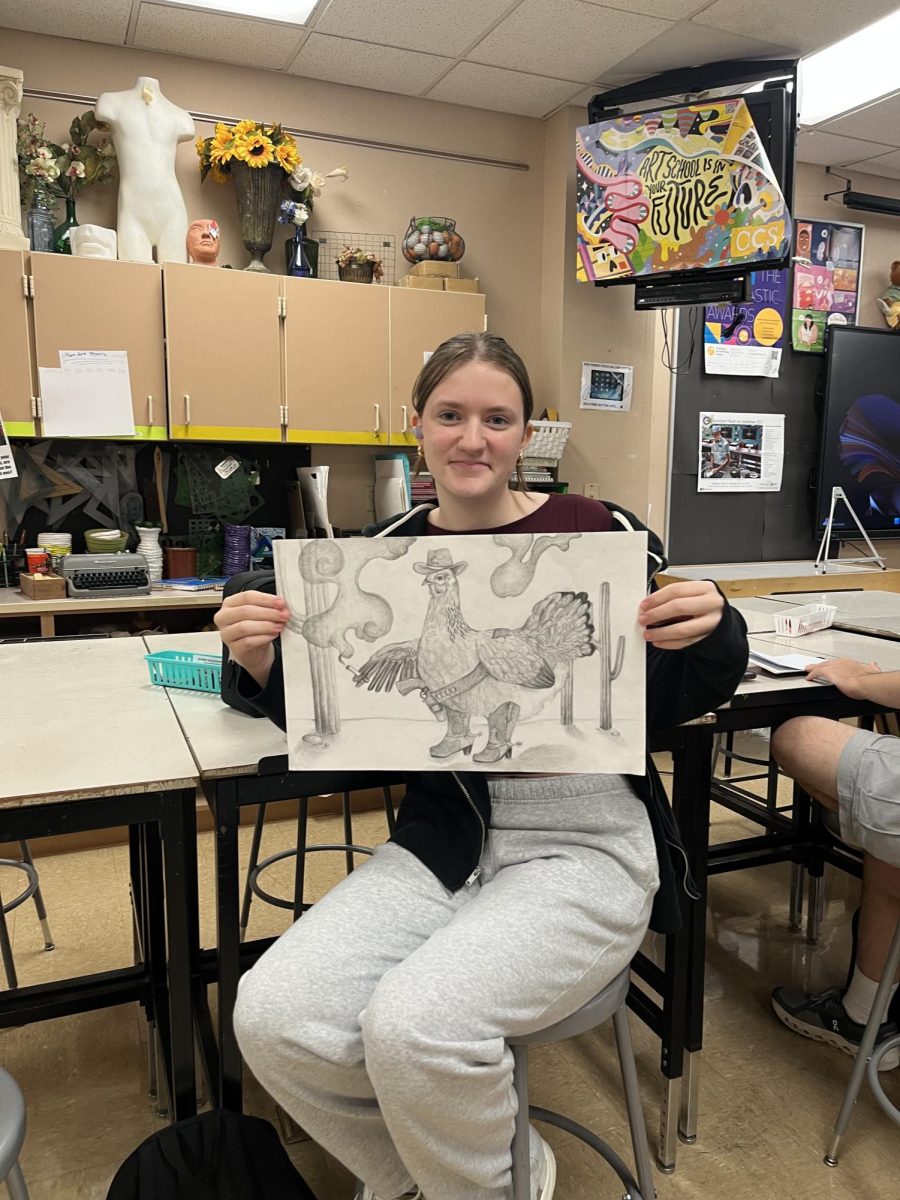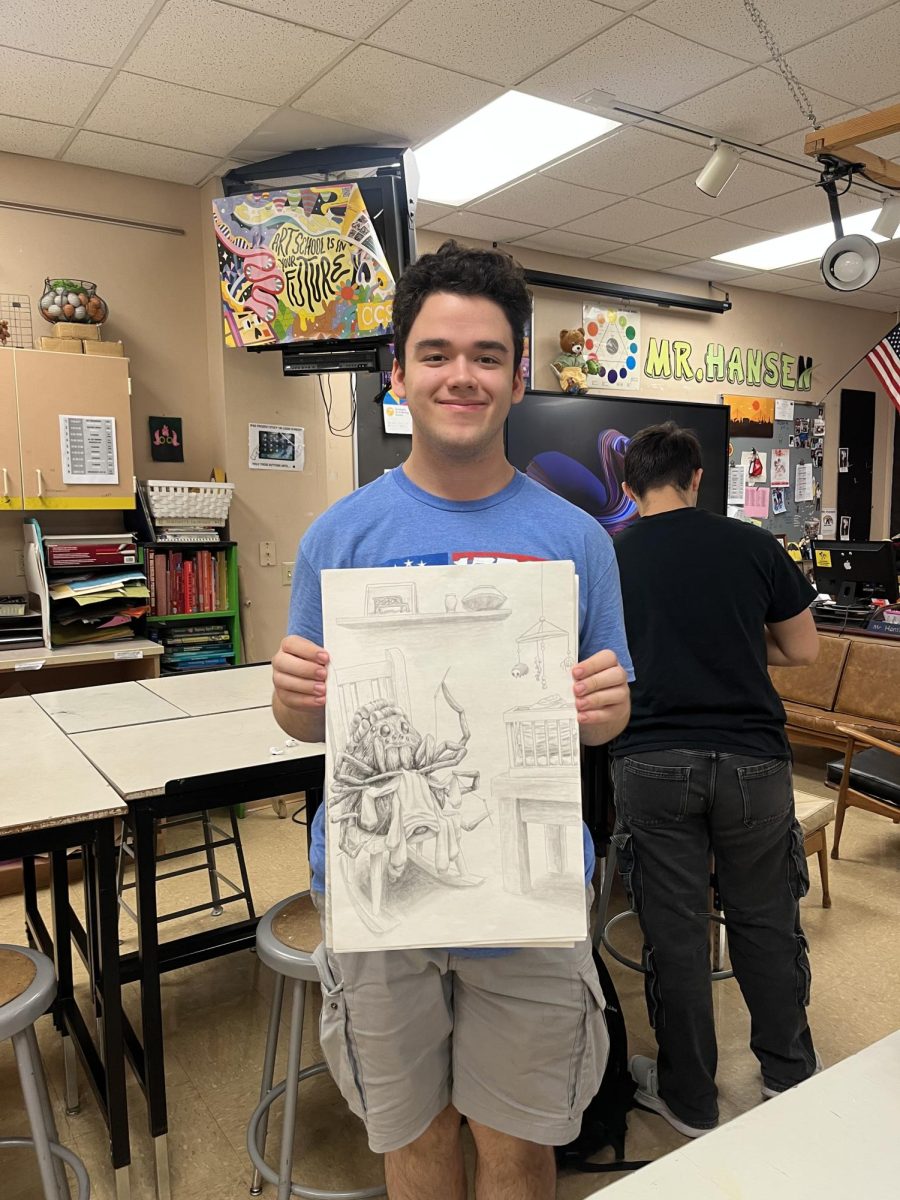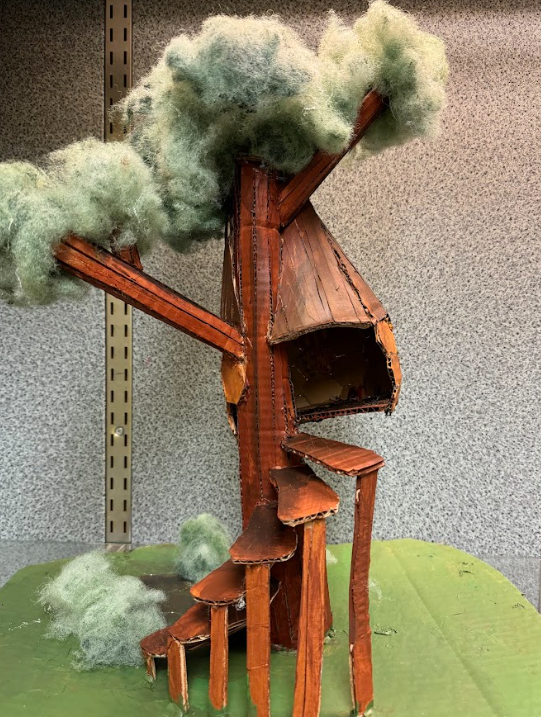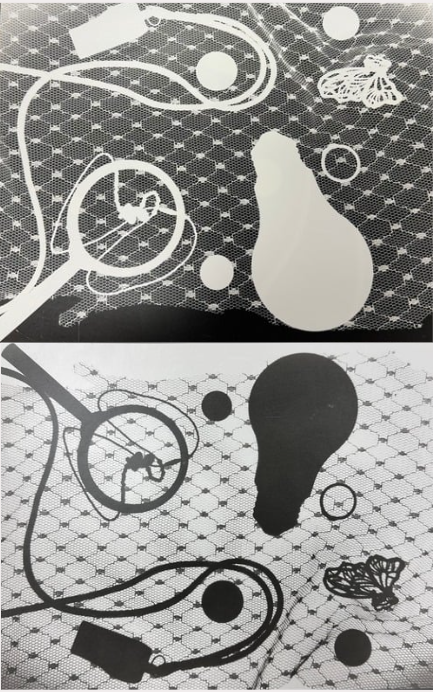As spring rolls around, students at Brecksville-Broadview Heights High School aren’t just looking forward to the end of the year, they’re gearing up for one of the most important academic challenges of their high school careers: Advanced Placement (AP) Exams. Each May, students across the country sit down to take these grueling tests, which are designed by the College Board to simulate college-level final exams. AP classes and their corresponding exams are voluntary, but they offer students a chance to speed up the pace of their learning at a more intense level.
So, what exactly is an AP class? AP stands for “Advanced Placement,” and the program offers college-level curricula and exams in subjects ranging from Calculus to U.S. History to Art and Design. There are currently 38 AP courses offered nationwide, although most schools, including BBHHS, offer only a select number depending on teacher availability and student demand. AP exams are more rigorous than normal and honors level classes and call for students to have a faster learning pace and more independence outside of the classroom. AP exams may offer a wide variety of different tests, ranging from four-hour exams to a multitude of essays to a complex art portfolio.

With such high expectations, it’s no surprise that AP classes require an enormous amount of preparation. According to sophomore Giselle Salinas, who is currently enrolled in AP U.S. History, “It’s definitely the hardest class I’ve taken so far. I stay up really late to keep up with the homework and I have to read the giant textbook daily to study.” Many students begin reviewing for their AP exams months in advance, attending weekend study sessions, joining online prep groups, and purchasing review books.
Despite the heavy workload, AP classes can be incredibly rewarding. Students who score a 3 or higher on the exam (scores range from 1 to 5) are often eligible to receive college credit, depending on the university they attend. According to the College Board, about 60% of students score a 3 or higher, with certain subjects like AP Chinese and AP Calculus BC boasting some of the highest pass rates. Others, such as AP Physics 1 or AP U.S. History are notoriously difficult, with national pass rates hovering just above 50%.
But who determines whether a student’s work is worth college credit? That responsibility falls on a group known as AP Readers. Every June, thousands of high school teachers and college professors gather, either in person or online, to read and score millions of free-response essays. Each essay is graded based on strict rubrics designed by the College Board, and the readers are trained to ensure consistency and fairness.
Despite the intensity, AP courses offer more than just college credit, they also provide students with critical academic and life skills. Time management, analytical thinking, and effective writing are all emphasized in AP classrooms. Sophomore Sabrina Cojocaru, who has taken three AP classes and is taking more in the future, says, “I think AP classes have pushed me to be a better student. They taught me how to study, how to write under pressure, and how to actually understand material instead of just memorizing it.”

Not only that, but AP students have also begun to form their own community online. With social media apps like TikTok, AP students are increasingly likely to come across viral videos from other AP students that share similar experiences during the class and exam. Students will form study sessions where they watch AP teacher unit compilations to study. An example of this is Steve Heimler, a well-known Youtuber who releases videos summarizing every single AP history class. During the official AP score release date, July 7, videos flood the internet of AP students surrounded by friends and family, checking their AP scores with trepidation or elation.
At BBHHS, AP participation continues to rise each year, with students enrolling in subjects like AP Environmental Science, AP Psychology, AP Literature, and AP Chemistry. Teachers dedicate countless hours to helping students succeed. Teachers like Elizabeth Miesckowsi, an AP U.S. and European history teacher at BBHHS, offer review sessions before and after school, and encourage students every step of the way. As AP testing week approaches, the atmosphere at BBHHS becomes a mix of nerves, focus, and last-minute cramming. But through it all, students remain hopeful.
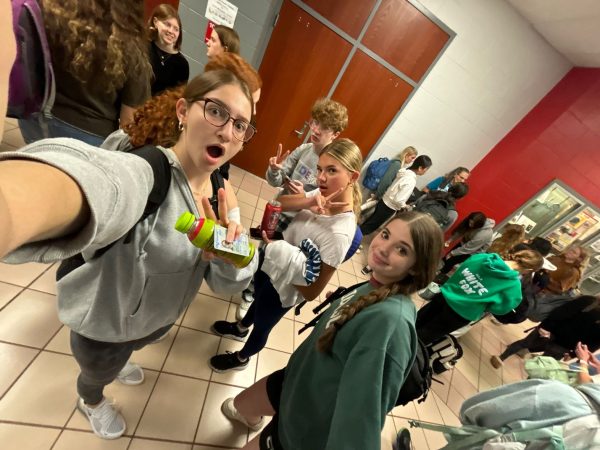
(Author’s note: Best of luck to all BBHHS students taking AP exams this May. You’ve got this!)



